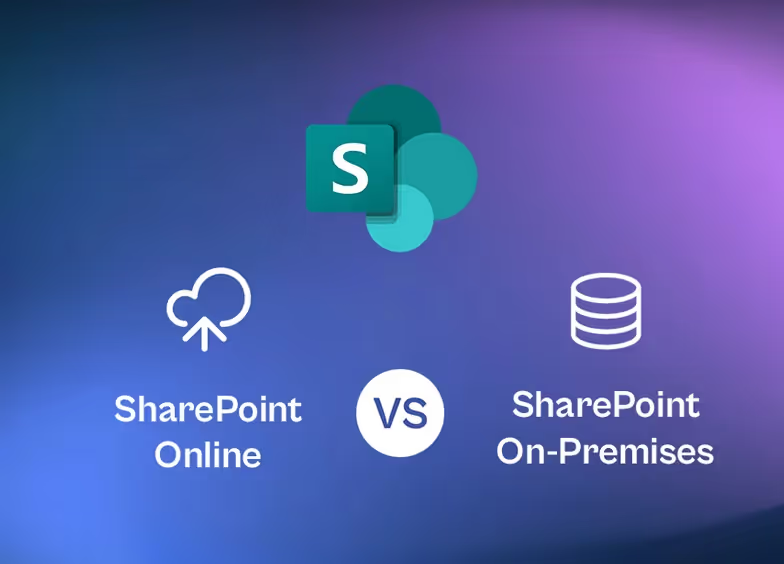
Medusa vs Magento: comparison of open source e-commerce platforms

Behind every successful e-commerce site is an important technical choice. While Magento has long dominated the landscape of open source e-commerce platforms, a new challenger, Medusa.js, is now shaking up established standards.
Between promises of agility and guarantees of robustness, which of these frameworks will best meet the specific challenges of your online commercial project?
Medusa: the new challenger for e-commerce solutions
Reduced development times, reduced costs and incomparable agility: these are the concrete promises of Medusa that appeal to businesses looking for performance. This Magento alternative offers exceptional flexibility to design personalized shopping experiences across all sales channels.
Its headless architecture completely separates the frontend from the backend, radically transforming the approach to e-commerce development. Its native modularity facilitates integration with your existing third-party technologies (ERP, PIM, CRM) thanks to a network of robust APIs.
The framework is particularly excellent for create a B2B e-commerce site with advanced features such as multi-account management, custom price schedules, or complex approval workflows. Its growing community guarantees its constant evolution.
Magento: the historical reference in the face of new challenges
A key player for over a decade, Magento has established itself as a robust solution in the B2B sector. Its Commerce version offers functionalities dedicated to inter-company relationships, but often requires specific developments to reach a level equivalent to that of Medusa.
The Magento ecosystem offers multi-store capabilities, shared inventories, and integrated marketing tools. However, these functionalities are based on an architecture that complicates their adaptation to current digital commerce standards, unlike the API-first approach of Medusa.js.
Its historic community ensures access to thousands of extensions and experienced developers. However, this functional richness is accompanied by growing technical debt, which slows development cycles compared to scalable e-commerce platforms like Medusa.

Performance and scalability: Medusa's technological advantage
Optimizing performance is becoming important in the shopping experience. Medusa.js excels thanks to its microservices-oriented architecture that facilitates deployment on scalable cloud infrastructures.
The frontend/backend separation allows independent updates, without interruption of service — a considerable advantage compared to Magento, whose updates involve maintenance periods and risks of regression.
The innovations integrated into Medusa (native streaming, webhooks) make it possible to build responsive commercial experiences that are impossible to achieve with traditional architectures. For projects that require real-time interactions, this ability is a key asset.
Costs and return on investment: the economy of scale
On the economic front, Medusa has substantial benefits. Unlike Magento, which requires complex server configurations, Medusa allows developers to work effectively on standard machines, significantly reducing technical tooling costs.
Long-term maintainability is another major advantage. The technical debt inherent in monolithic platforms like Magento leads to a gradual increase in maintenance costs, while Medusa minimizes this risk thanks to its modular design.
Its compatibility with modern DevOps strategies (containerization, continuous integration) also optimizes automation, reducing costly manual interventions.

Towards an informed choice for your e-commerce project
Determining the ideal platform requires evaluating your business's strategic priorities. If time-to-market acceleration, cost optimization and technical agility are your imperatives, Medusa stands out as the most relevant solution.
Its architecture designed for connected commerce facilitates the adoption of emerging innovations (voice commerce, augmented reality) that are gradually redefining consumer expectations. For businesses committed to ambitious digital transformation, the platform offers substantial advantages in terms of integration into a larger IT ecosystem.
The question is no longer whether Medusa can compete with Magento, but rather how quickly this new generation of e-commerce platforms will become the norm for businesses that aspire to remain competitive in a constantly changing business environment.

You might be interested

SharePoint Online: When the modular approach reduces deployment times

SharePoint Online vs SharePoint On-Premise: a comprehensive comparison to choose the right solution
.avif)



